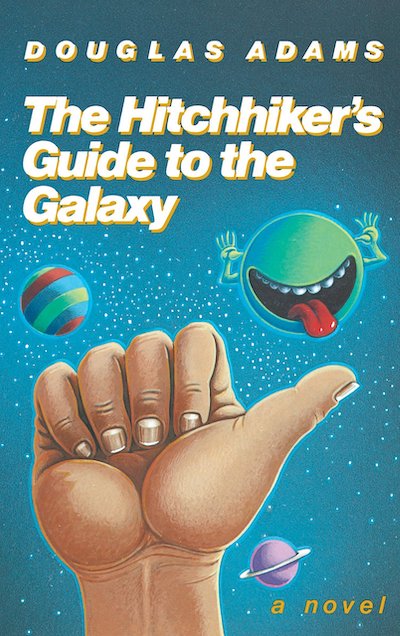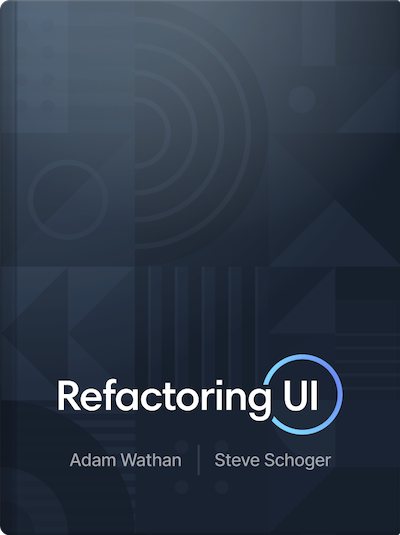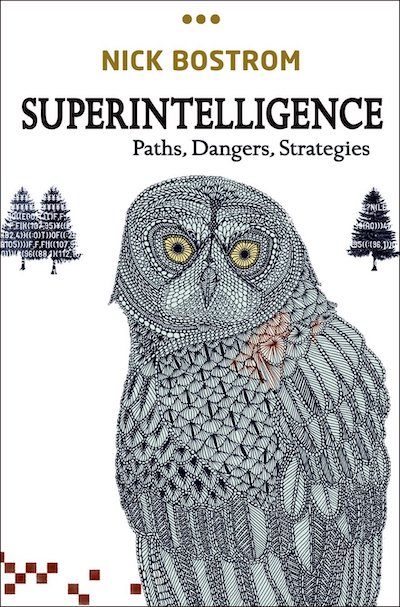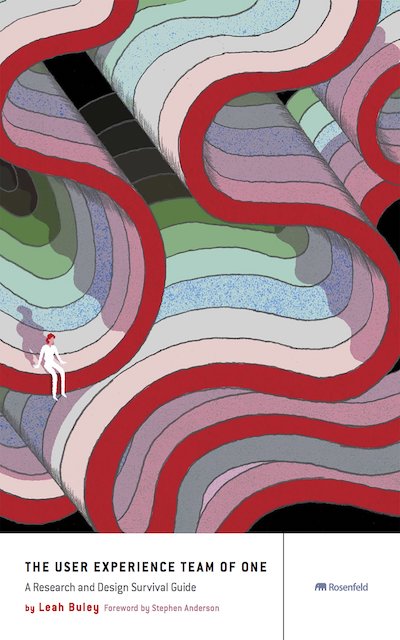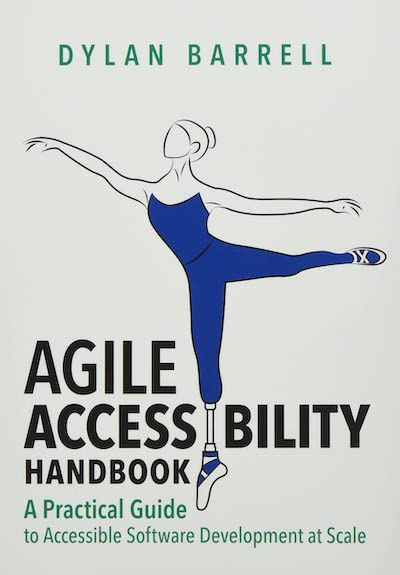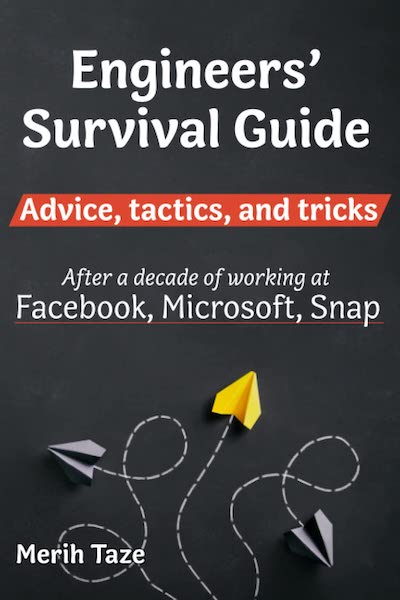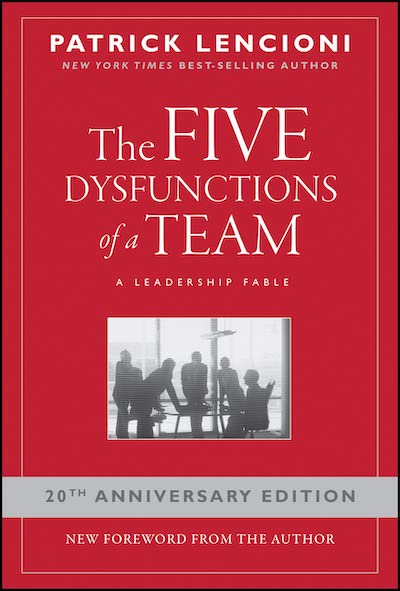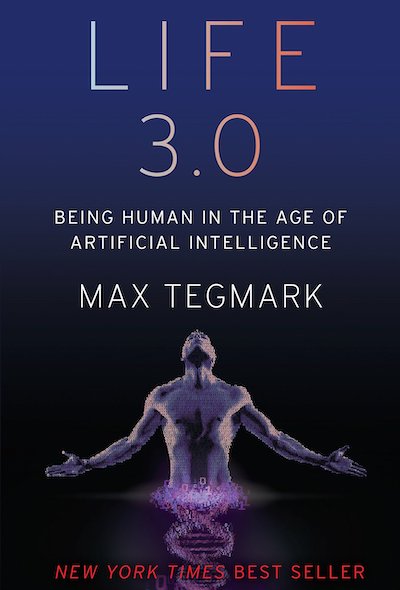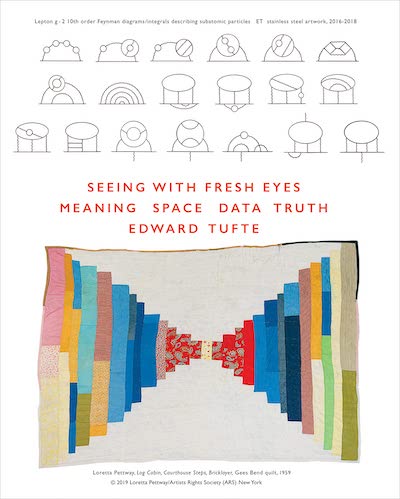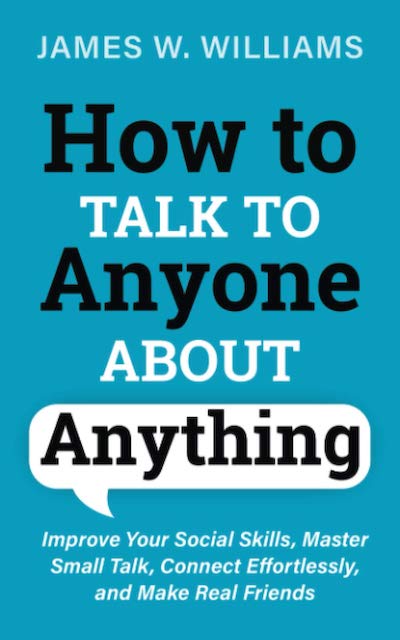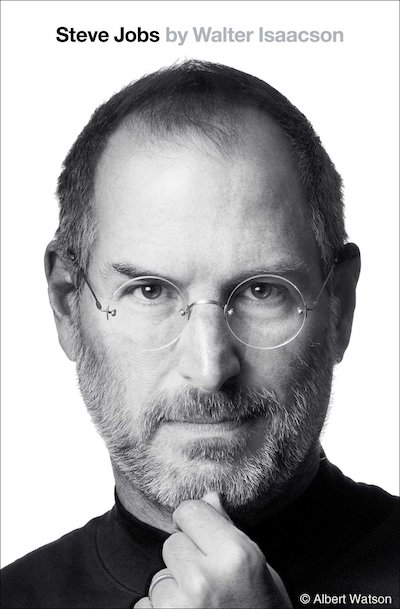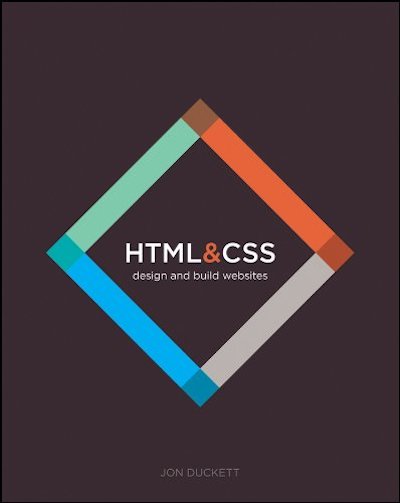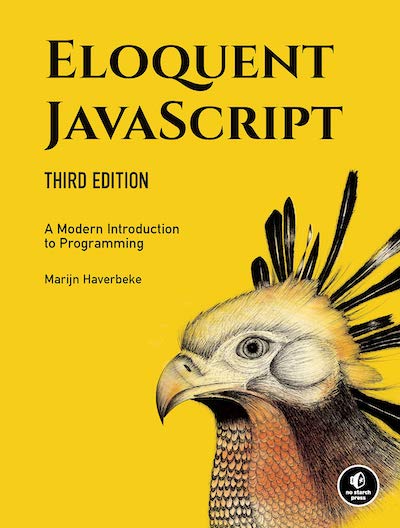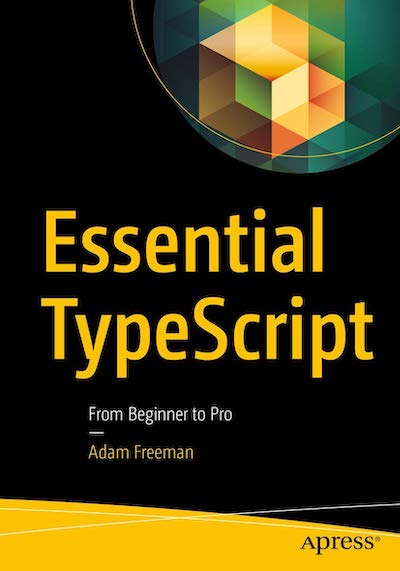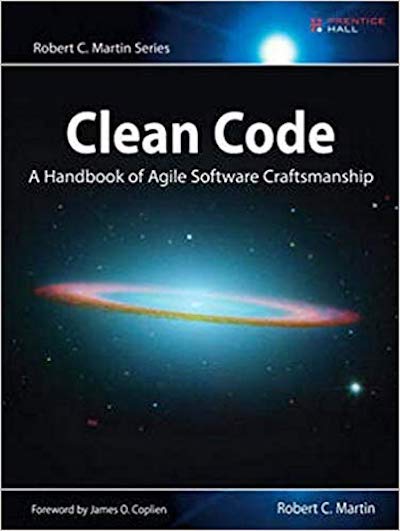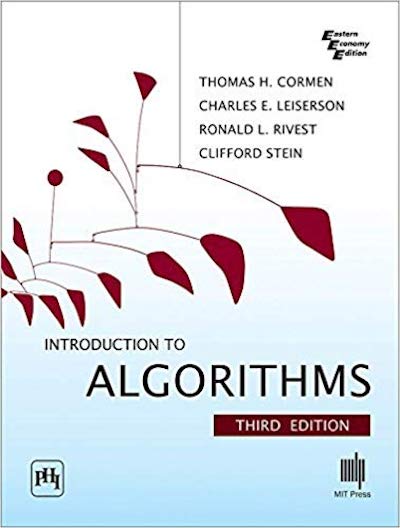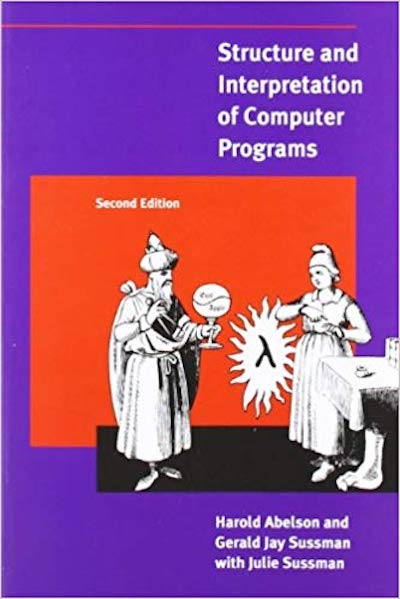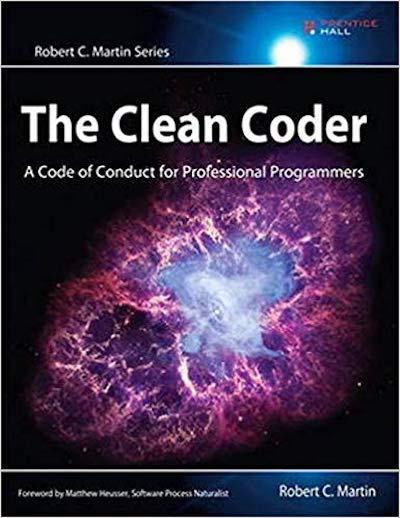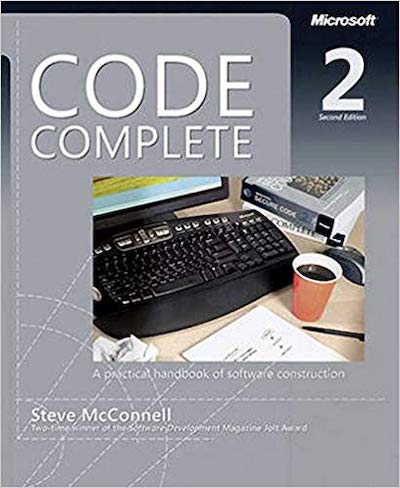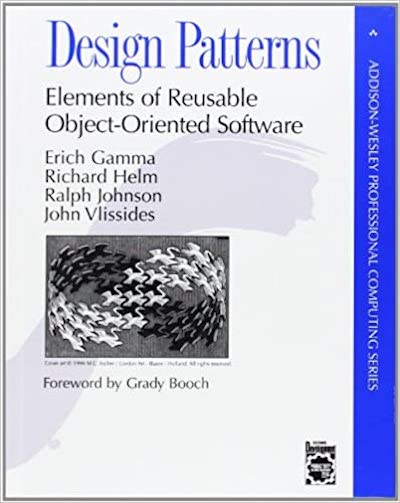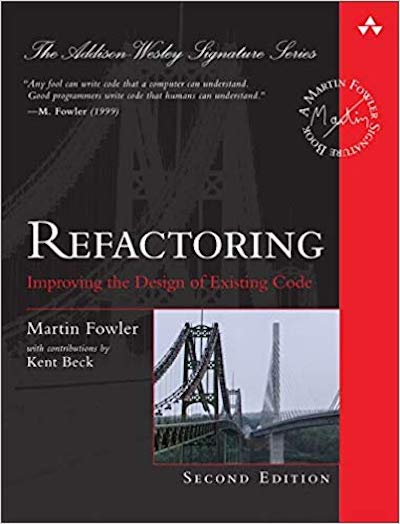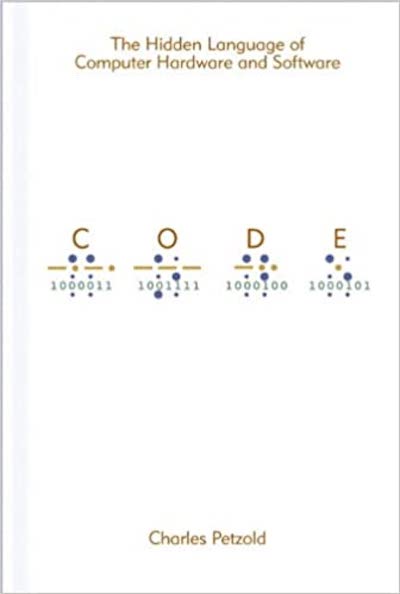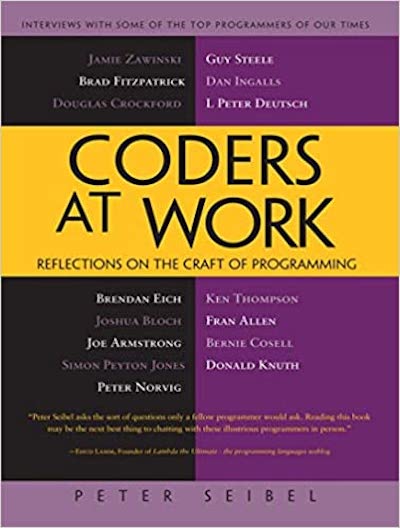Books
Welcome to my reading corner at DillonBaird.io. As Bill Gates wisely observed, each of us has a unique approach to learning. Some thrive when focusing on a single subject, while others flourish when juggling multiple topics. Some prefer a structured, linear method, while others benefit from a more exploratory, non-linear approach. In my case, reading is a key part of my learning journey.
In the realm of software development, the constant evolution of technology makes continuous learning an absolute necessity. Books have been instrumental in shaping my knowledge, honing my skills, and fueling my passion for the field. They offer a wealth of insights and wisdom, from fundamental concepts to advanced techniques, from historical context to futuristic visions.
In this section, I’ve curated a selection of books that have left a profound impact on my professional development. These are the books that have illuminated complex ideas, challenged my assumptions, and inspired innovative thinking. Whether you’re an established professional or just embarking on your journey in software development, these reads can provide invaluable guidance and inspiration.
So, dive in, explore these recommendations, and maybe you’ll discover your next inspiration. Happy reading!
Latest Book Review
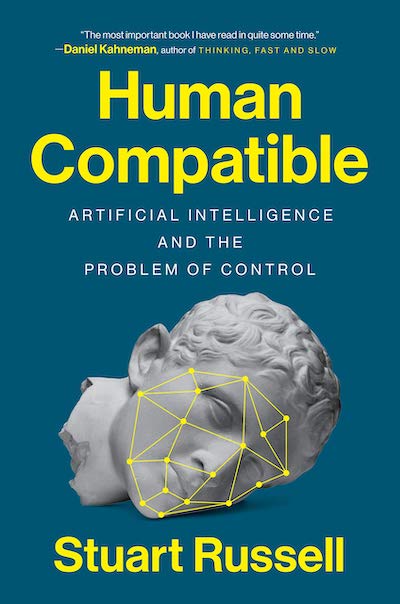
By: Stuart Russel
Stuart Russell's "Human Compatible: Artificial Intelligence and the Problem of Control" is a must-read for anyone interested in the future of AI and its impact on society. Russell, a leading computer scientist, makes a compelling case for a new direction in AI research to ensure that superhuman AI can be controlled and ultimately beneficial to humankind.
He warns that the march towards superhuman intelligence is unstoppable, but its success could potentially be the undoing of the human race. Russell urges us to think seriously about the implications of introducing a second intelligent species onto Earth, saying, "making something smarter than yourself could be a bad idea." His book delves into the vast potential of AI, from evolving benefits such as home robots for the elderly and tutoring for children, to potential misuses like automated blackmail and autonomous weapons.
Russell advocates that AI researchers must pivot their work if humans are to remain in control. This involves moving away from creating machines that optimize fixed, known objectives, a concept central to 20th-century technology, and instead designing systems that defer to human preferences and intentions. Such AI systems will ask humans questions or ask for permission when appropriate; they will do 'trial runs' to see if we approve of their proposed actions, and they will accept correction when they err.
While some readers may find his detailed explanations challenging, Russell's writing is largely accessible to non-specialists. He remains optimistic that it's feasible to create increasingly powerful machines that can achieve our objectives. However, he warns that there's an urgent need to change course, implying that our current approach to creating a human-level intelligent system with all our best ideas would result in failure.
If you're curious about the intersection of humanity and machine intelligence and how we can navigate this complex future, "Human Compatible" is an insightful and important read.
